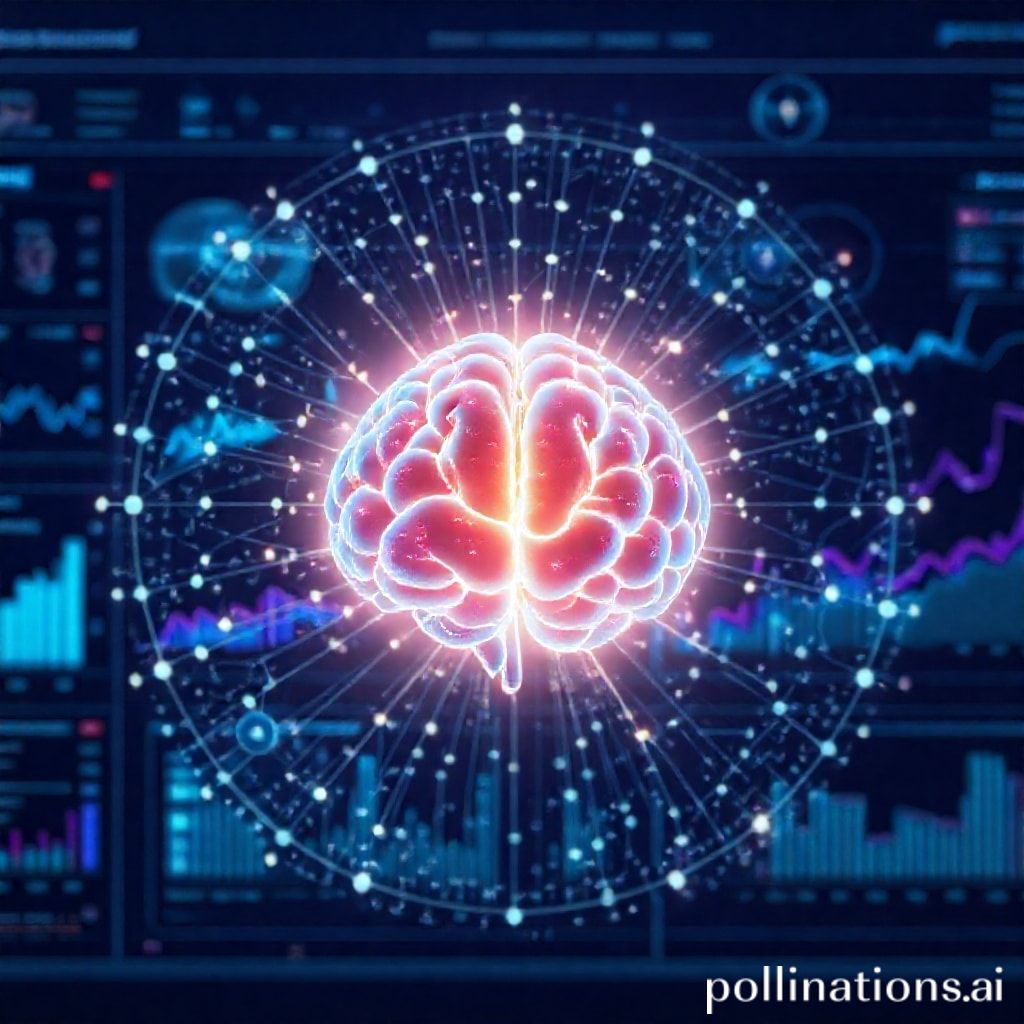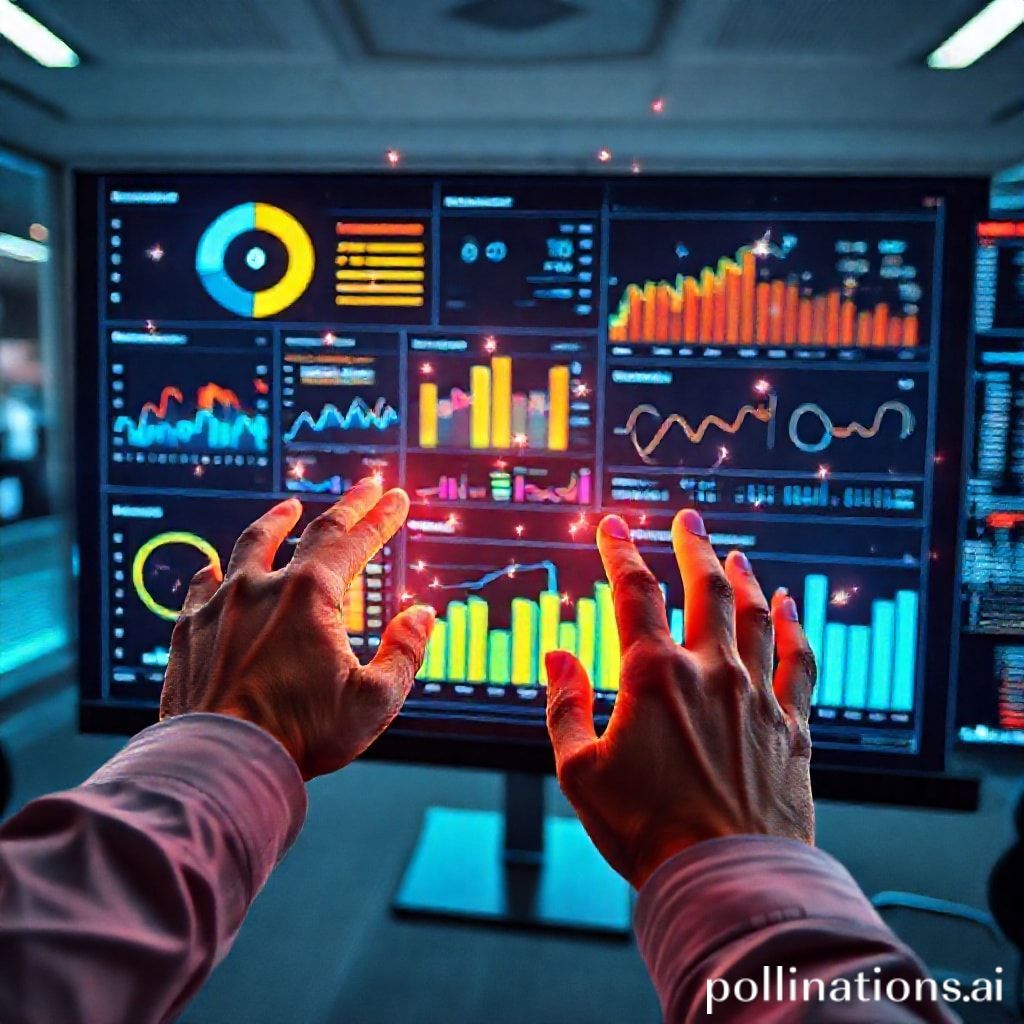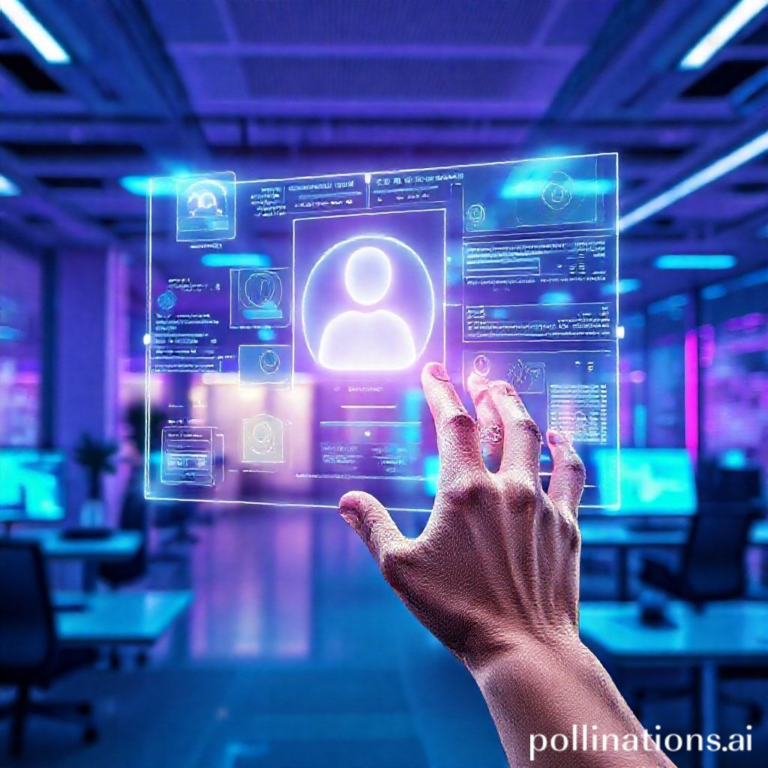
AI Marketing: ML Revolutionizes Customer Engagement
Remember when marketing was all about casting a wide net and hoping to catch a few fish? Those days are rapidly becoming a distant memory, thanks to the relentless march of technology. We’re standing at the precipice of a new era, where Artificial Intelligence (AI) and Machine Learning (ML) aren’t just buzzwords, but the very engines driving unprecedented levels of customer engagement. The future of marketing isn’t just digital; it’s intelligent, predictive, and incredibly personal.
In a world saturated with information and choices, cutting through the noise to genuinely connect with customers is the ultimate challenge. This is where AI and ML shine, transforming every facet of the marketing landscape – from understanding customer behavior to delivering hyper-personalized experiences that truly resonate. Gone are the days of one-size-fits-all campaigns; welcome to a world where every interaction feels tailor-made, almost as if your brand knows you better than you know yourself. This isn’t magic; it’s machine learning at work, and it’s revolutionizing how businesses foster loyalty and drive growth.
The Dawn of Intelligent Marketing
At its core, AI in marketing is about leveraging vast datasets to make smarter, more informed decisions, often in real-time. Machine Learning, a subset of AI, is the key ingredient, enabling systems to learn from data, identify patterns, and make predictions or recommendations without being explicitly programmed. For marketers, this translates into a powerful toolkit that moves beyond intuition and guesswork, grounding strategies in empirical evidence and predictive insights.
From Broad Strokes to Pinpoint Precision: Personalization at Scale
The holy grail of marketing has always been personalization. Historically, achieving this at scale was an impossible dream. Now, ML algorithms can analyze mountains of customer data – browsing history, purchase patterns, demographic information, social media interactions, and even emotional responses – to create incredibly detailed customer profiles. This deep understanding allows brands to deliver hyper-personalized experiences that were once unimaginable.
Think about the product recommendations you see on e-commerce sites like Amazon or Netflix. These aren’t random; they’re the result of sophisticated ML algorithms predicting what you’re most likely to want next based on your past behavior and that of similar users. This extends far beyond product suggestions: dynamic content on websites that changes based on your profile, emails triggered by specific actions (or inactions), and even personalized pricing or offers are all powered by ML. This level of precision doesn’t just improve conversion rates; it builds a sense of individual recognition and value, fostering stronger customer relationships.
Revolutionizing the Customer Journey
AI and ML are not just optimizing specific touchpoints; they are fundamentally reshaping the entire customer journey, making it more seamless, intuitive, and satisfying from initial awareness to post-purchase support.
Predictive Analytics: Anticipating Needs and Behaviors
One of the most powerful applications of ML in marketing is its ability to predict future customer behavior. By analyzing historical data, algorithms can identify patterns that indicate a customer’s likelihood to churn, their next potential purchase, or even their preferred communication channel. This allows marketers to be proactive rather than reactive.
Imagine being able to identify a customer at risk of leaving before they even show explicit signs, allowing you to intervene with a targeted retention offer or a personalized message. Or, imagine knowing exactly when a customer is ready to upgrade their product, enabling a perfectly timed upsell. Predictive analytics also empowers sales teams by identifying the hottest leads and guiding them on the next best action, significantly shortening sales cycles and improving conversion rates.
Conversational AI: The New Face of Customer Support and Sales
Chatbots and virtual assistants, powered by natural language processing (NLP) and machine learning, have moved beyond simple FAQs. Today’s conversational AI can understand complex queries, provide instant, accurate answers, guide customers through purchasing processes, and even resolve complaints 24/7. This not only enhances customer satisfaction by providing immediate support but also frees up human agents to focus on more complex, high-value interactions.
These intelligent agents learn from every interaction, becoming more efficient and accurate over time. They can qualify leads, schedule appointments, and even offer personalized product recommendations, acting as a tireless, always-on extension of your sales and support teams. The seamless integration of these tools makes customer engagement feel effortless and always available.

Optimizing Campaigns and Content with Machine Learning
The impact of ML extends deep into the operational aspects of marketing, fundamentally changing how campaigns are designed, executed, and optimized.
Dynamic Content Optimization and A/B Testing on Steroids
Creating compelling content is crucial, but ensuring it resonates with every individual is a monumental task. ML-driven dynamic content optimization allows websites, emails, and ads to automatically adjust their messaging, imagery, and calls-to-action in real-time based on the viewer’s profile and behavior. This means each customer sees the most relevant version of your content, maximizing engagement.
Furthermore, traditional A/B testing, while valuable, is slow and limited. ML enables multivariate testing on a massive scale (A/B/n testing), allowing algorithms to continuously test thousands of variations of headlines, images, and layouts across different segments, automatically identifying and deploying the highest-performing combinations. This iterative optimization process leads to significantly improved campaign performance without constant manual intervention.
Smarter Ad Spend and Attribution
Advertising budgets are often substantial, and ensuring every dollar is spent effectively is a top priority. ML algorithms can analyze vast amounts of data from various ad platforms, customer demographics, and performance metrics to optimize ad targeting, bidding strategies, and budget allocation in real-time. This ensures ads are shown to the most receptive audiences at the optimal time and price, maximizing ROI.
Moreover, understanding which marketing touchpoints genuinely contribute to a conversion (attribution modeling) has always been complex. ML can analyze complex customer journeys across multiple channels and devices, providing a much more accurate picture of attribution than traditional last-click models. This allows marketers to allocate resources more effectively to the channels and campaigns that truly drive results.

The Ethical Imperative and Future Horizons
While the potential of AI and ML in marketing is immense, it’s crucial to acknowledge the ethical considerations. Data privacy, transparency in how AI uses customer information, and the potential for algorithmic bias are critical challenges that marketers must address. Building trust requires clear communication and a commitment to using these powerful tools responsibly.
The future of AI in marketing isn’t about replacing human creativity or strategic thinking, but augmenting it. Marketers will evolve into strategists, data interpreters, and ethical guardians, leveraging AI to handle the heavy lifting of data analysis and optimization, freeing them to focus on innovative campaigns, brand storytelling, and building authentic human connections. We’ll see further advancements in generative AI for content creation, explainable AI (XAI) for greater transparency, and even more seamless integration of AI across all marketing platforms, creating truly intelligent and adaptive marketing ecosystems.

Conclusion
The integration of Machine Learning into marketing is not just an evolution; it’s a revolution. It’s transforming customer engagement from a broad, often hit-or-miss endeavor into a precise, predictive, and profoundly personal experience. By enabling hyper-personalization, anticipating customer needs, providing instant support, and optimizing campaigns with unparalleled efficiency, AI and ML are setting new benchmarks for what’s possible in the world of marketing.
For businesses looking to thrive in an increasingly competitive landscape, embracing these intelligent technologies isn’t an option – it’s a necessity. The brands that successfully harness the power of AI and ML will be the ones that not only capture attention but also build lasting relationships, driving unprecedented levels of customer satisfaction and loyalty into the future.


